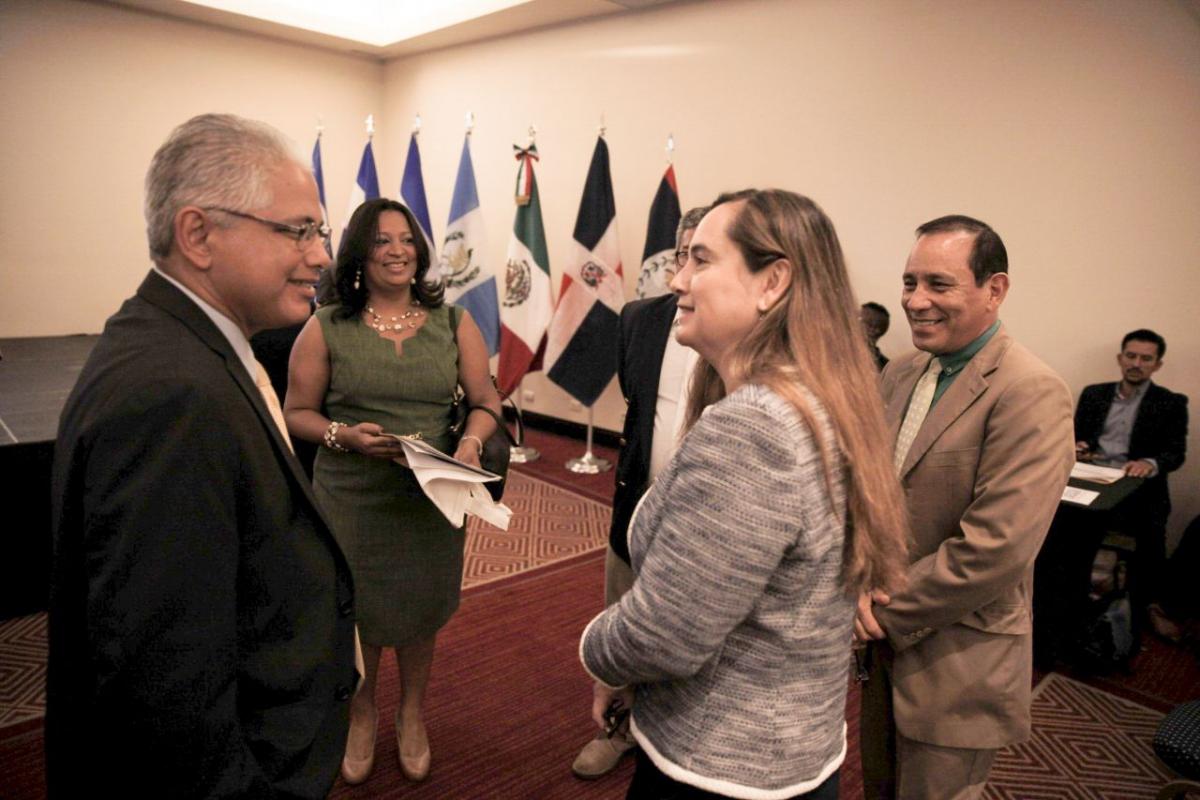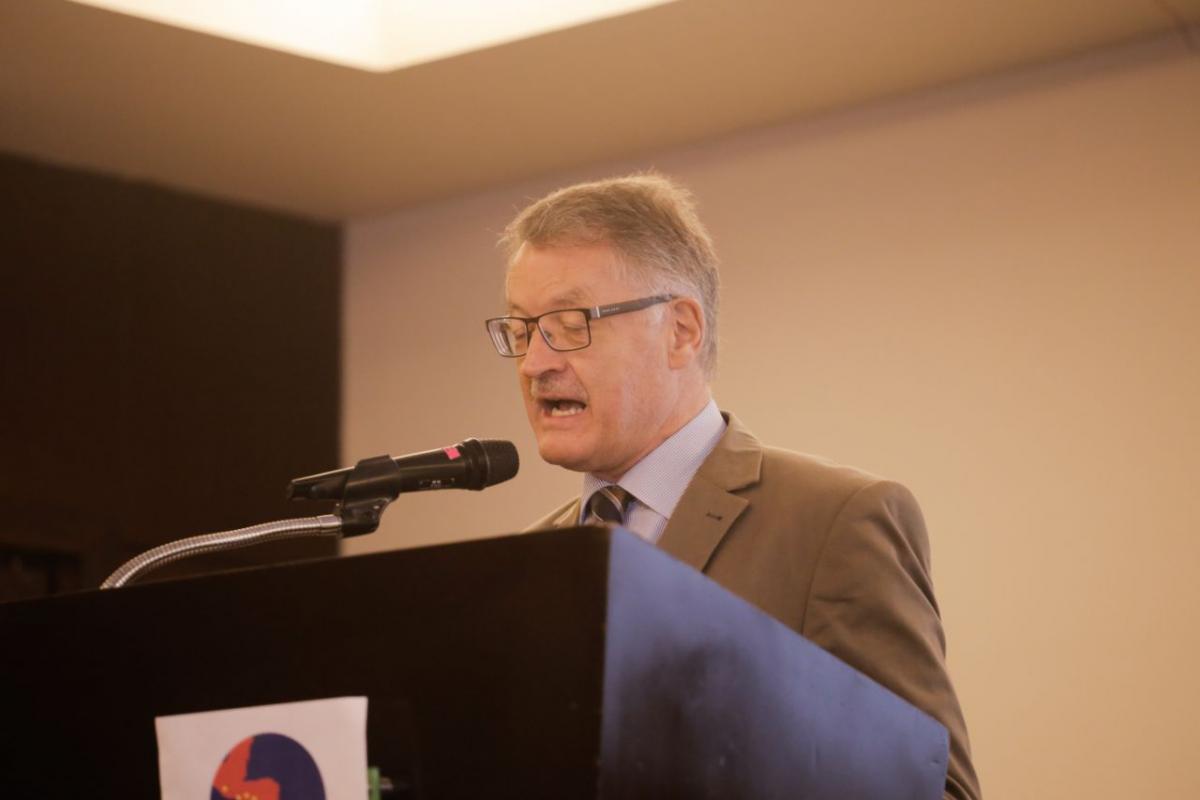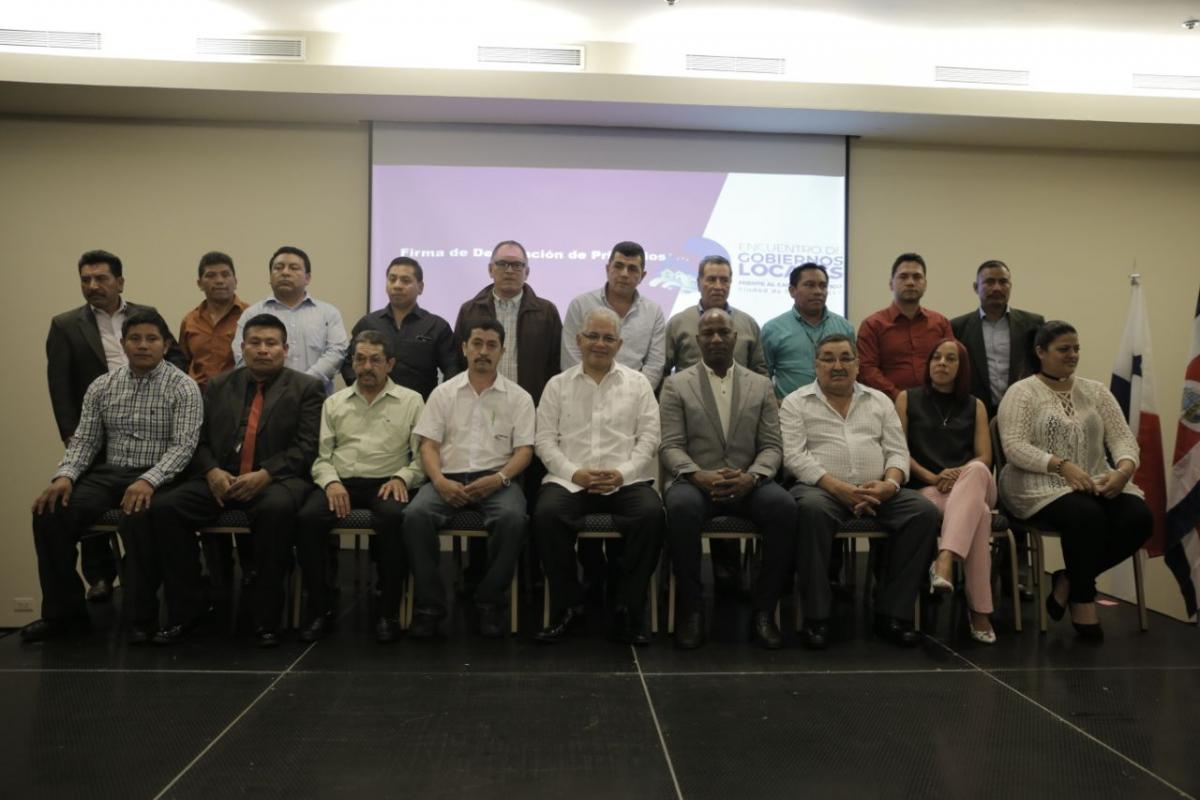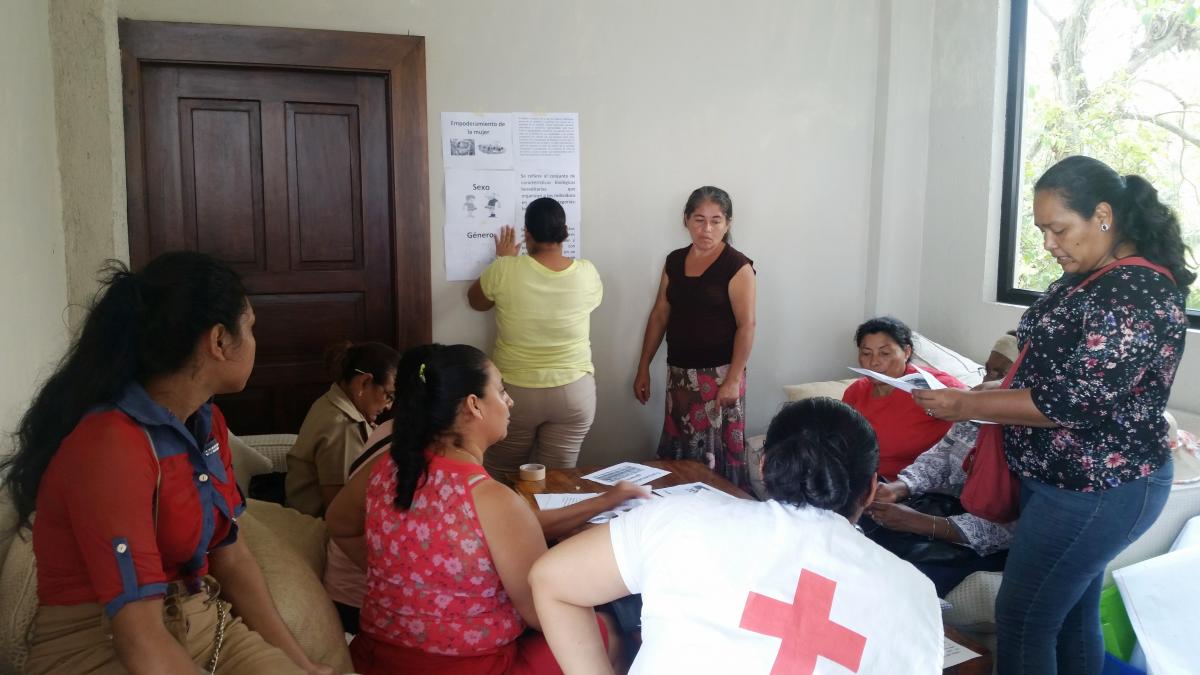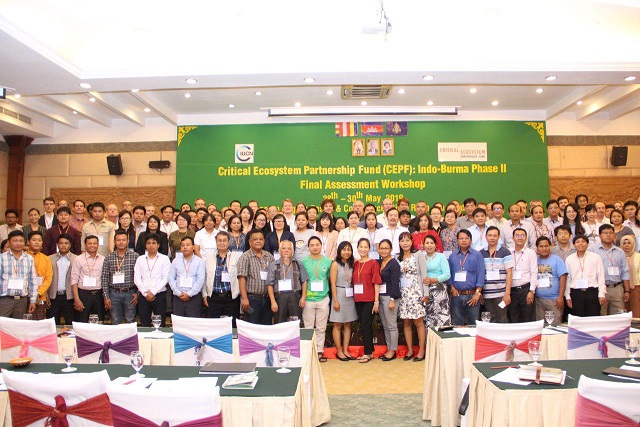Panama hosted Meeting of local governments on climate change
In the frame of the adoption of the Paris Agreement, countries stressed the need for linking climate actions with public policies, sub-national governments and indigenous peoples.
Panama, 4 December 2017. Mesoamerica is one of the regions of the world most vulnerable to climate change, manifested as greater variability and more intense and frequent climate events. The effects are intensified by social vulnerability and the dependence of communities and their livelihoods on natural resources and the services they provide.
This is particularly important in the region, where coping with an increasingly changing climate makes it urgent that adaptation actions be adopted at all levels and by all actors of society. Local governments play an important role in these processes, since it is essential to link local policies and territorial actions with adaptation strategies that take advantage of natural capital and biodiversity and support local livelihoods.
In this context, the International Union for the Conservation of Nature (IUCN), the Panamanian Ministry of Environment and the Panama City Mayor’s Office organised the Meeting of Local Governments on Climate Change to strengthen the leadership of Mesoamerican sub-national and local governments in Ecosystem-based Adaptation (EbA).
Held in Panama City on 6 and 7 December, the meeting was attended by 84 people, mayors, technicians of local governments and representatives of indigenous peoples located in the transboundary basins of Mexico, Guatemala, Honduras, El Salvador, Costa Rica and Panama.
The activity took place in the frame of Project AVE (Adaptation, Vulnerability and Ecosystems), whose objective is to promote Ecosystem-based Adaptation through better understanding and capacity to address climate change, as well as through strengthening governance structures and local capacities, based on evidence of EbA’s effectiveness and benefits.
Sharing experiences and acquired knowledge during the event enabled participants to:
-
comprehend the implications of climate change in the specific context of Mesoamerica;
-
learn about the multiple benefits ecosystems offer for adaptation, with co-benefits in mitigation and reduction of disaster risk from extreme events;
-
share experiences in a space aimed at mayors and technicians of subnational and local governments; and
-
identify new practical tools to incorporate the EbA approach in territorial planning.
According to Dr. Grethel Aguilar, Director of the IUCN Mexico, Central America and Caribbean Regional Office, “Local governments are the ones closest to the population and ultimately deal with climate change”.
As the meeting drew to an end, local governments reached consensus on a series of principles to demonstrate their commitment to climate change adaptation in the region. These achievements will hopefully encourage other local governments to promote adaptation, integrating nature and ecosystems as part of the solution.
Communities ask for grey structure, but aren’t thinking about what will happen with climate change, “so in mayors’ offices and ministries we have to mix solutions,” said Bernardino Roblero, Councilman of Environment in San José Ojetenam, Guatemala.
The activity was held with support from the International Climate Initiative of the Federal Ministry of Environment, Nature Conservation, Building and Nuclear Safety of Germany.



